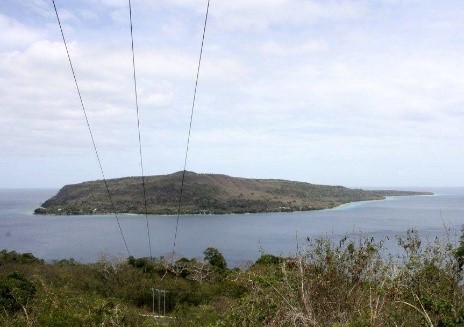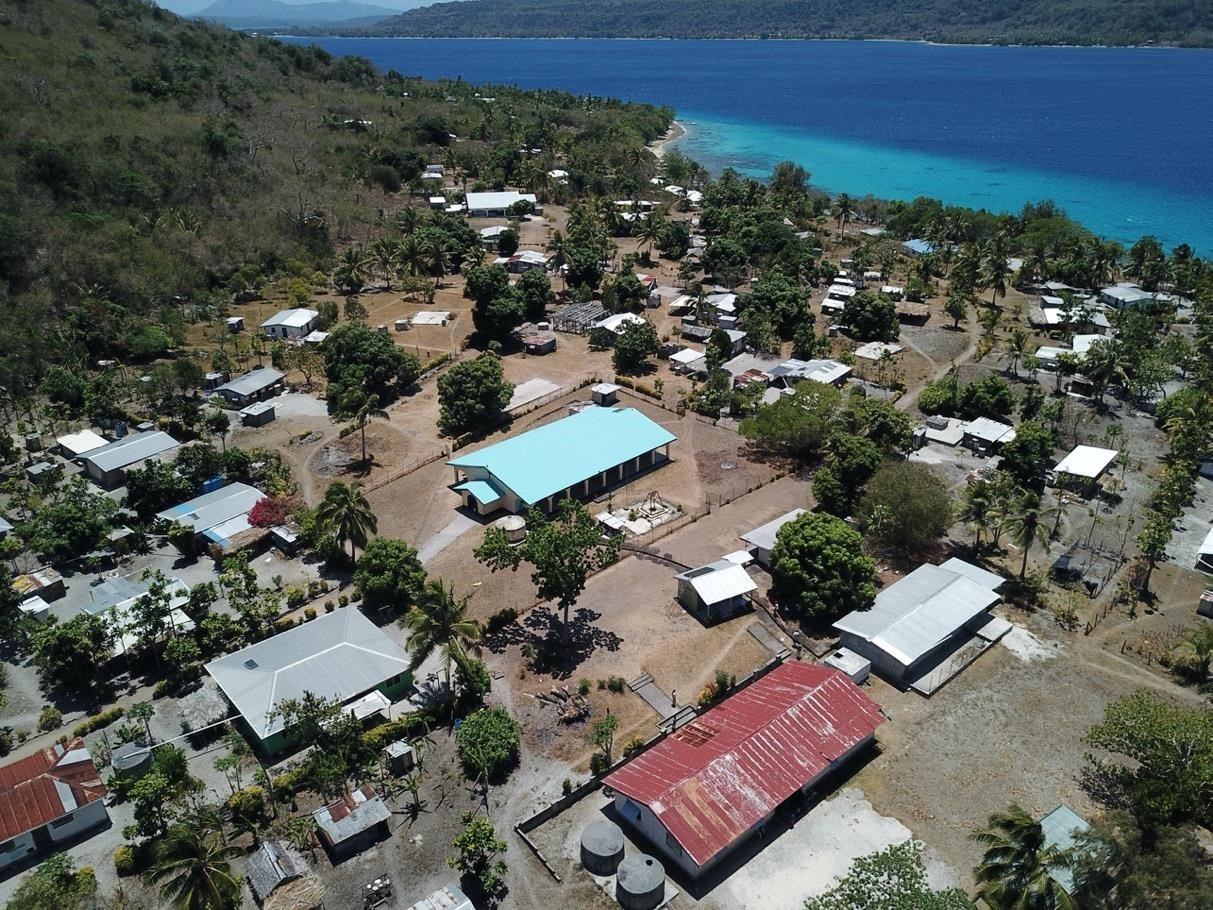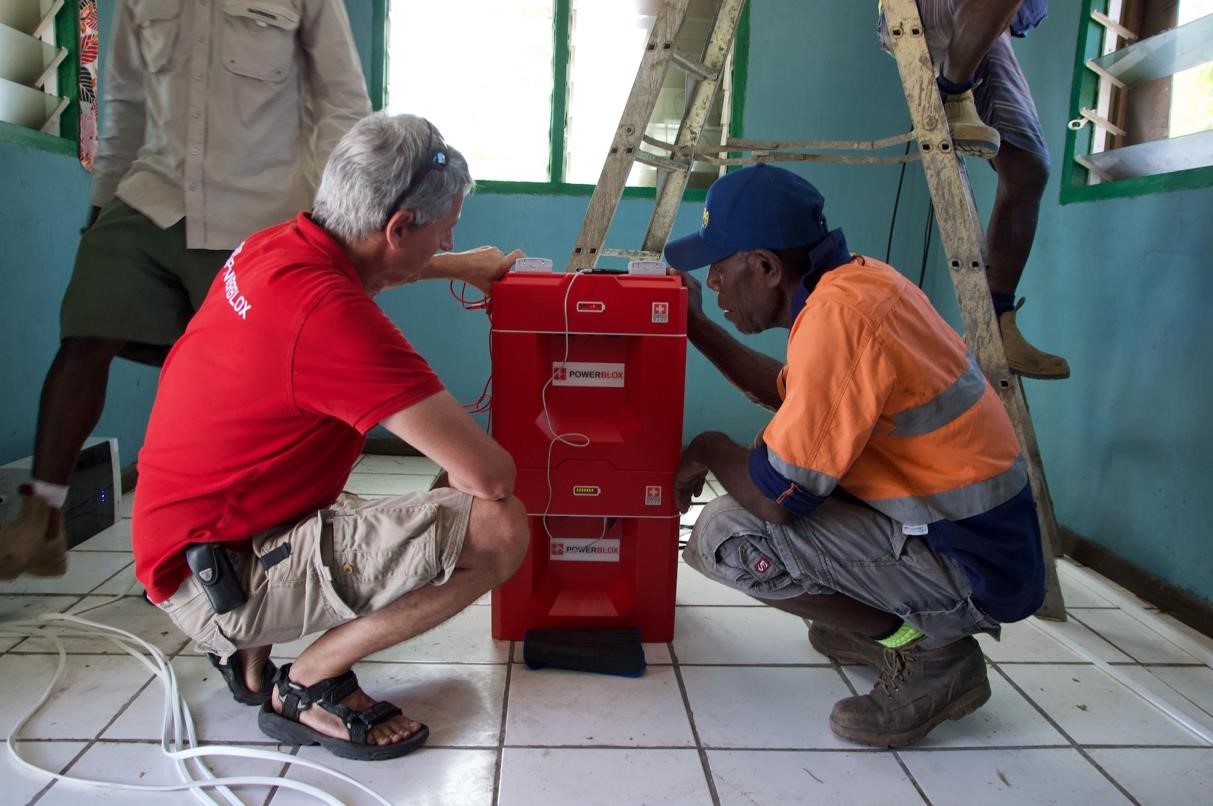
The Vanuatu Parliament ratified the Paris Agreement on June 18th, 2016 and submitted Vanuatu’s (Intended) Nationally Determined Contributions (I/NDC) and emission reduction targets to the United Nations Framework Convention on Climate Change (UNFCC). Vanuatu’s NDC mitigation target is for transitioning close to 100% renewable energy in the electricity (energy) sector by 2030.
Since the submission of Vanuatu’s I/NDC, Vanuatu is taking significant steps towards enabling the implementation of its NDC. The Department of Climate Change, under the Ministry of Climate Change (MoCC), is receiving support from the United Nations Development Programme (UNDP) since 2019. Through this support, the MoCC has launched Vanuatu’s NDC Implementation Roadmap and Vanuatu’s Integrated, Monitoring, Reporting and Verification (MRV) Tool in April, 2019. The NDC Implementation Roadmap aims at providing a pathway for the implementation of specific climate change mitigation actions in Vanuatu which can assist in achieving the target defined in Vanuatu’s NDC. The MoCC has also launched Vanuatu’s Integrated MRV Tool for Climate Action Tracking.
Under the same initiative, on November 2019, the MoCC worked in partnership with Power-Blox AG (an award-winning Swiss company providing automated and decentralized electricity solutions) and successfully completed the first phase of a feasibility study and pilot project for powering Lelepa Island in Shefa province through swarm technology. Based on this successful first phase and testing of the Solar Flex-Grid technology, a scale-up is currently in progress to electrify all the households on Lelepa Island including providing for income generating activities.
Currently, under the same initiative with additional support from the Climate Action Enhancement Package (CAEP), with funding from the German Federal Ministry for the Environment, Nature Conservation, and Nuclear Safety (BMU), Vanuatu is working towards : (i) enhancing the current NDC, including by raising ambition, as part of the Paris Agreement’s NDC update process and (ii) fast-tracking the implementation of NDCs, through in-country technical expertise and capacity building.
Under the CAEP support, Vanuatu intends to update its NDC and enhance the integrated MRV tool to cover other potential mitigation sectors to increase ambition and action by carrying out a detailed assessment of land transport, waste, forestry, agriculture and other potential high impact sectors that can contribute to low-carbon development. In addition, CAEP support will also assist in scaling-up the Lelepa rural electrification initiative through use of new technology (swarm technology) including additional feasibility studies and demonstration activities in other outer islands.



Lelepa Island rural electrification initiative
